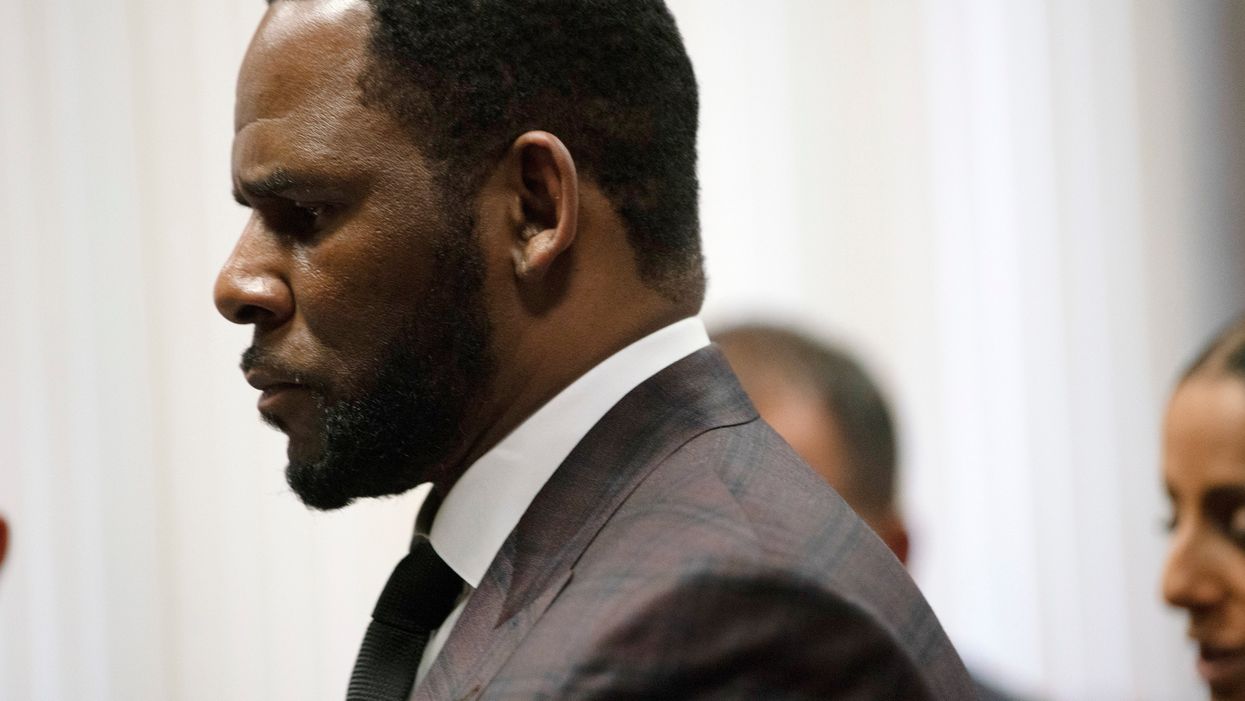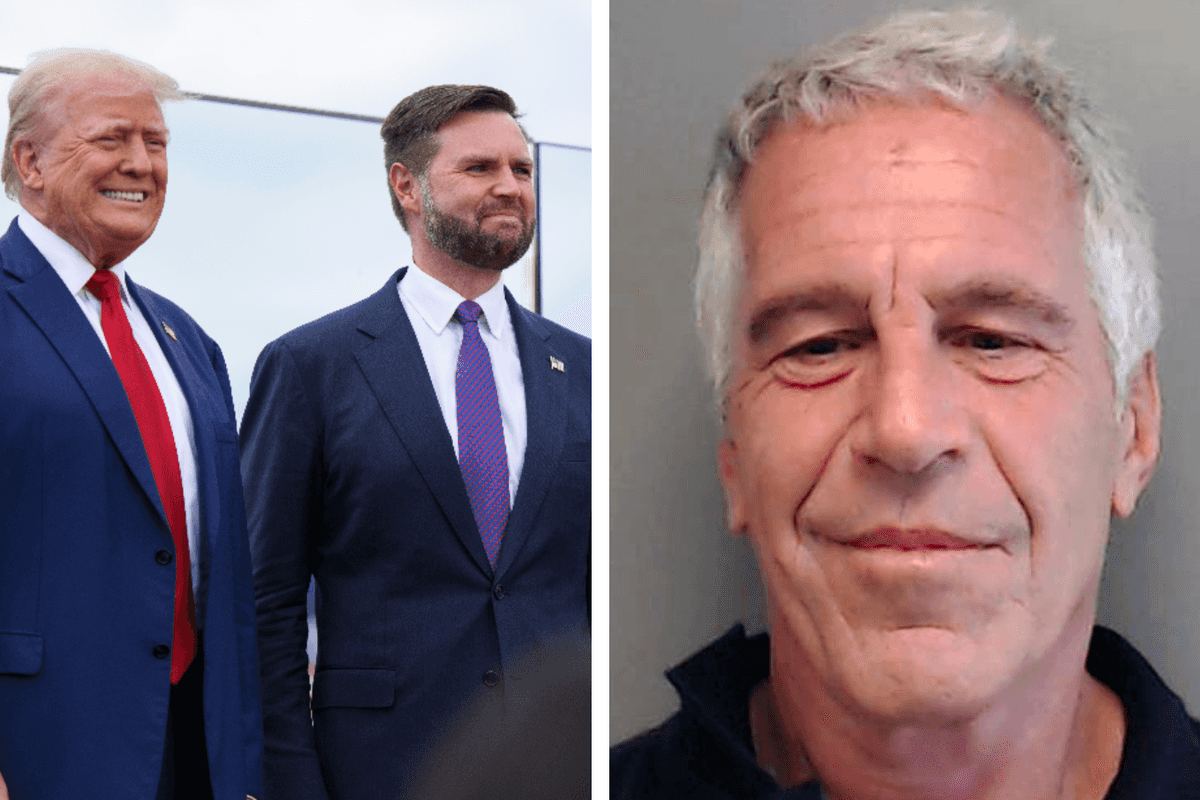After six weeks of graphic, disturbing and harrowing testimonies from R. Kelly’s “sex cult” victims, the jurors of the federal trial, held in New York City, have finally reached a verdict.
R. Kelly was found guilty of all nine charges against him, including racketeering based on sexual exploitation of children, kidnapping and forced labor. The rapper was also charged with four counts of violating the Mann Act, a sex-trafficking statue, involving the coercion and transportation of women and girls, as well as knowingly exposing a victim to a highly contagious sexually transmitted disease without her knowledge of consent.
Racketeering is often connected with organized crime, but “can be applied to any ongoing coordinated illegal scheme or criminal enterprise to carry out a common purpose,” The New York Times reports. In Kelly’s case, prosecutors asserted that he and his “inner circle” collaborated for over two decades, in several states, to “promote the singer’s brand, to recruit girls and young women for sexual exploitation, and to produce pornography.”
While Kelly had maintained the reputation as a sexual predator for decades, the reality of the circumstances was somehow even more dire: He essentially served as a kingpin of a sexual recruitment scheme for his own benefit. Thus, while R. Kelly is surely to blame for his own actions and encouraging associates to go along with it, this despicable behaviour was not only his doing. However Kelly remains the only publicly named defendant in the indictment.
“It’s so easy for us to be caught up in the juicy details around the perpetrator and ignore this other narrative which, I would argue, is even more important: R. Kelly could not have done what he did for any extended period without people fixing things for him and supporting him,” Minette E. Drumwright, a researcher and professor at the University of Texas at Austin, who studies how networks of enablers fuel misconduct, told The New York Times.
“The impact of the enablers on survivors in many ways, long term, can be more devastating than the impact of the assaults because it’s the person that they trusted,” Amos Guiora, a professor of law at the University of Utah whose research included the abuses done by Larry Nassar, concurred.
“These high-profile cases that are brought against Weinstein and Bill Cosby — and now R. Kelly — really put the would-be enablers on notice that they’re going to be exposed,” Jeff Herman, a lawyer who represents victims of sex abuse said. “I do think there’s a positive, chilling effect for the future of men who are trying to use other people to help them do wrongdoing.”
Kelly denied the six victim’s accusations and pleaded not guilty.














